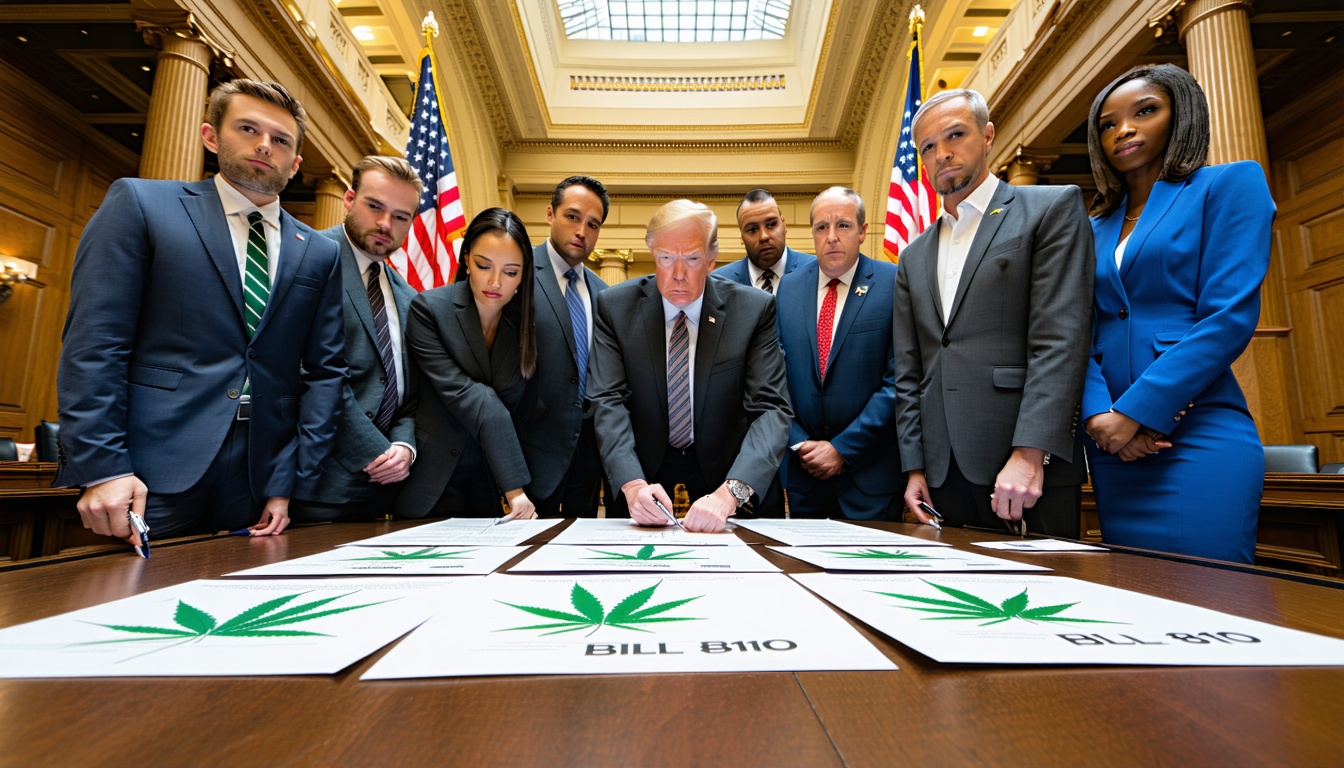Dallas Police Officers No Longer Arrest or Issue Citations for Small Amounts of Marijuana
Effective immediately, Dallas police officers will no longer arrest or issue citations for possession of marijuana in amounts of four ounces or less. This change in policy comes after the passage of Proposition R, also known as the “Dallas Freedom Act,” in the November election. The proposition was approved by 66% of voters.
According to an internal memo obtained by WFAA, officers are now prohibited from making arrests or issuing citations for marijuana possession in amounts of four ounces or less. Additionally, officers are no longer permitted to consider the odor of marijuana as probable cause for search and seizure, except in cases involving violent felonies or high-priority narcotics investigations.
The previous policy, which was in place before the passage of Proposition R, allowed officers to confiscate but not cite or arrest individuals found with less than two ounces of marijuana. However, this policy is now considered “obsolete” according to the memo.
While Proposition R does not make marijuana legal in Dallas, it does decriminalize small amounts of the drug. Possession of two ounces or less of marijuana is still considered a Class B misdemeanor in Texas, punishable by up to 180 days in jail and a fine of up to $2,000. Possession of between two and four ounces is considered a Class A misdemeanor, punishable by up to a year in jail and a fine of up to $4,000.
Dallas Interim Police Chief Michael Igo emphasized the importance of maintaining professionalism and composure in a memo to officers, stating that the department must remain focused on its duties and obligations to the city.
The passage of Proposition R has sparked concerns about the potential impact on public safety, with some arguing that it could lead to increased illegal sales and a deterioration of quality of life in certain areas of the city. However, proponents of the measure argue that it will help to reduce the number of people arrested and charged with marijuana-related offenses, particularly in low-income and minority communities.












